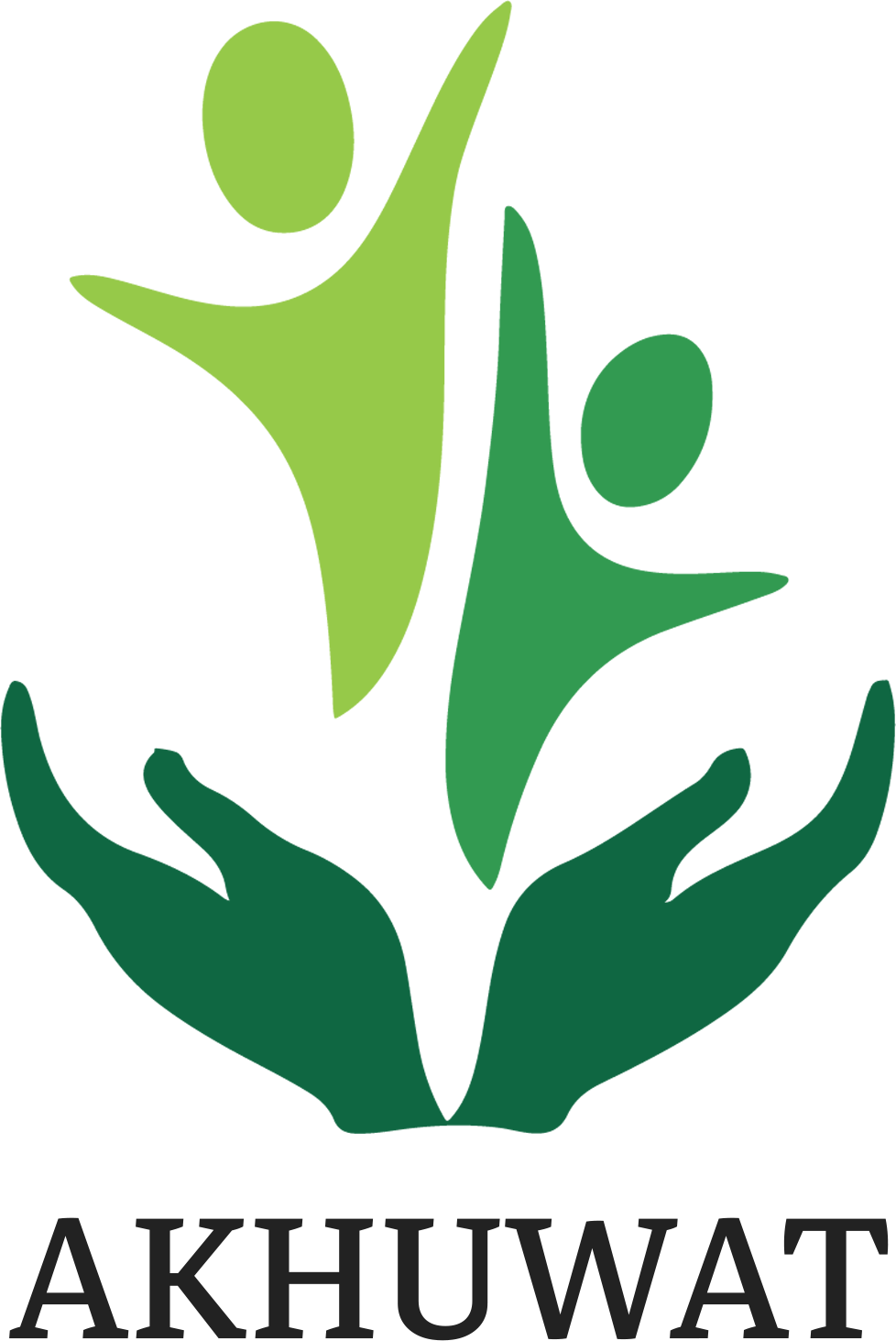A Dose of Akhuwat
By Saad Malik
I was once told that poverty is another name for being alone. Such a definition causes one to conceptualize poverty beyond material deprivation, beyond a lack of basic necessities; it reveals a state of helplessness and despair. In this way, poverty is as much a state of mind as it is a definition of one’s material existence. Yet, we usually think of the poor man in terms of being a victim of low GDP growth rates, increasing inflation, widespread corruption and deteriorating law and order, thereby missing out on a vital element; the wave of indifference that has enveloped majority of the rich, the non-poor, the well to do, the elites. Whatever label one decides on, the fact remains that for the large part those who have the ‘means’ to alleviate poverty have made themselves immune to the injustice and despair around them, reconciling with the state of affairs as being the default scheme. This puts the definition of poverty in terms of being alone into context and at the same time, exposes the need for ‘‘Akhuwat’ in our society.
Akhuwat is a microfinance organization that provides interest-free loans to the poor through its nationwide operational network. Much like other global microfinance organizations, it supports the poor by offering them small loans to achieve a sustainable source of livelihood thus making them self-reliant. Microfinance is considered a viable and powerful tool to promote socio-economic development and alleviate poverty. While Akhuwat has adopted microfinance as its operational strategy, its underlying philosophy and vision is far different from conventional microfinance principles.
Brotherhood, the literal meaning of the metaphor Akhuwat, remains the ideology that drives the organization. Akhuwat reminds us that helping the poor is not a business opportunity or a correction of the free market; it is in fact a responsibility of all members of society. We are often told that generosity of society is not a sustainable source of funds, it is evasive and unreliable. However, the overwhelming support of the community in embracing the cause of Akhuwat suggests otherwise.
At Akhuwat, this sense of social responsibility manifests itself through philanthropy and volunteerism, where people are not just donating monetary resources to Akhuwat; they are giving their knowledge, skills and time to the organization.
I have witnessed firsthand the energy and passion of the volunteers at Akhuwat, the spirit is chronically infectious. For me, the experience realigned the lens with which I viewed the world and compelled me to embrace and act upon my moral responsibility to those around me. For me, philanthropy is no longer merely an act of charity, nor volunteerism a way to appease my conscience; they are in fact a way of life.
One of the most remarkable features of Akhuwat is how its borrowers have become ambassadors of its cause; from taking it upon themselves to remind the entire community of repayment dates to imparting informal skills to neighbors for little or no cost. The people who were once struggling with poverty are now also generously donating to the organization. These contributions are not compulsory and usually come in the form of meager amounts ranging from 10rs- 50rs daily. Last year they had reached PKR 14 Million, making many of Akhuwat’s branches completely financially self-sufficient. The community is stepping forward and devoting themselves to the cause of Akhuwat. Thus brotherhood is not only the underlying philosophy of the organization, it is also the key to its success.
While the world views Pakistan as a corrupt nation, a supposedly ‘failed’ state, scraped away by terrorism and extremism, breathing in the air of despondency, Akhuwat tells a different story. The organization charges no interest on its loans and makes no profit from its services. The senior management receives no remuneration for their work. Borrowers repay the loans as is evident from the 99.85% recovery rate. Offices are located in Mosques; small, scant furniture, white washed walls and floor seating arrangements. Religious centers, including mosques and churches, serve as venues for loan appraisals and disbursements, and for community participation and dialogue.
Much like other youth in Pakistan, I’ve been yearning for change. But I’m not going to wait for a ‘revolutionary leader’, the day the rich pay taxes or politicians are held accountable, a ‘new growth strategy,’ or when the judiciary finally becomes independent. For me the wave of change already began the day I entered Akhuwat and embraced the poor as my brother.
By last year, Akhuwat had supported 120, 976 families emerge out of poverty. That speaks volumes about the potential of change that can be inspired through compassion, generosity and mutual support. Poverty is being left alone thus the most powerful means to alleviate poverty is only through the concept of ‘brotherhood.’
(The writer is a student at Government College Lahore and a volunteer at Akhuwat)

